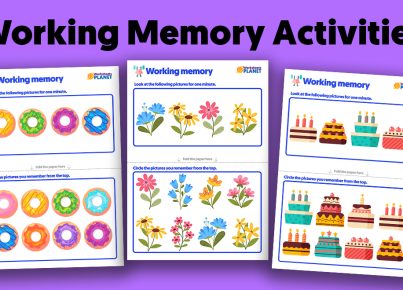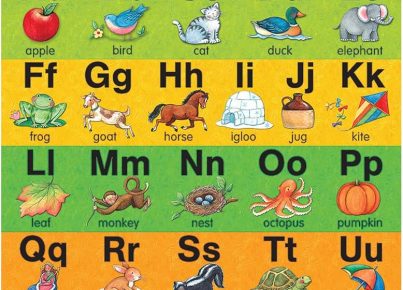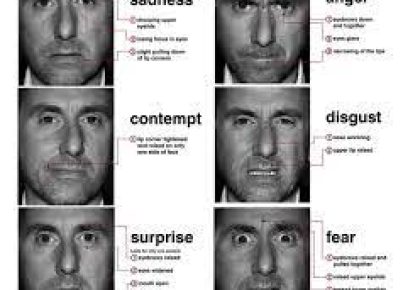Working memory is an essential cognitive skill that allows children to hold and manipulate information in their minds over short periods of time. It’s necessary for tasks such as following instructions, completing puzzles, and understanding the flow of a conversation.
Improving working memory can lead to better academic performance and more effective problem-solving skills. To help educators and parents support the development of this skill in children, various printable resources and activities can be employed. Here are several resources that can be used both in classrooms and at home.
1. Memory Match Games
Printable memory match games can strengthen working memory by requiring kids to recall the location of matching cards. These can range from simple images to matching compound words or mathematical equations for older kids.
2. Sequencing Activities
Sequencing cards or worksheets where kids need to arrange pictures or events in the correct order offer great practice for working memory, as they must remember the sequence while identifying which element comes next.
3. ‘I’m Going on a Picnic’ Game
This classic verbal memory game can be turned into a printable activity. Each child adds an item to the picnic basket on paper, repeating all the previously added items before adding their own.
4. Follow-the-Path Mazes
Mazes with increasingly complex paths are great for practicing working memory, as children need to keep track of their progress and plan their moves ahead of time.
5. Story Recall Sheets
Provide a short story for children to read, and then give them a worksheet with questions about details from the story to answer from memory.
6. Pattern Blocks and Cards
Printable pattern blocks can be used along with cards showing particular shapes that children have to replicate from memory after studying them for a period of time.
7. Directions Challenge
Create (or find online) printable sheets with multi-step instructions for kids to follow. This could involve drawing activities where following the steps correctly is key, or complex challenge sheets where physical tasks are completed in sequence (e.g., touch your nose, clap three times, spin around).
8. Number Recall Challenges
Worksheets that involve looking at a grid of numbers briefly before covering them up and writing down as many remembered numbers in the correct positions as possible engage working memory significantly.
9. “What’s Missing?” Pictures
Kids look at detailed scenes on paper for a set amount of time, then lists items that were removed from a modified version of the same scene afterward.
All these activities should be tailored to meet age-appropriate challenges for children so they are stimulating without causing frustration. Regular practice with these fun activities can help strengthen working memory in kids dramatically over time.
For best results, educators and parents should encourage kids to take breaks between tasks and provide positive reinforcement throughout the learning process to keep them motivated and engaged.





